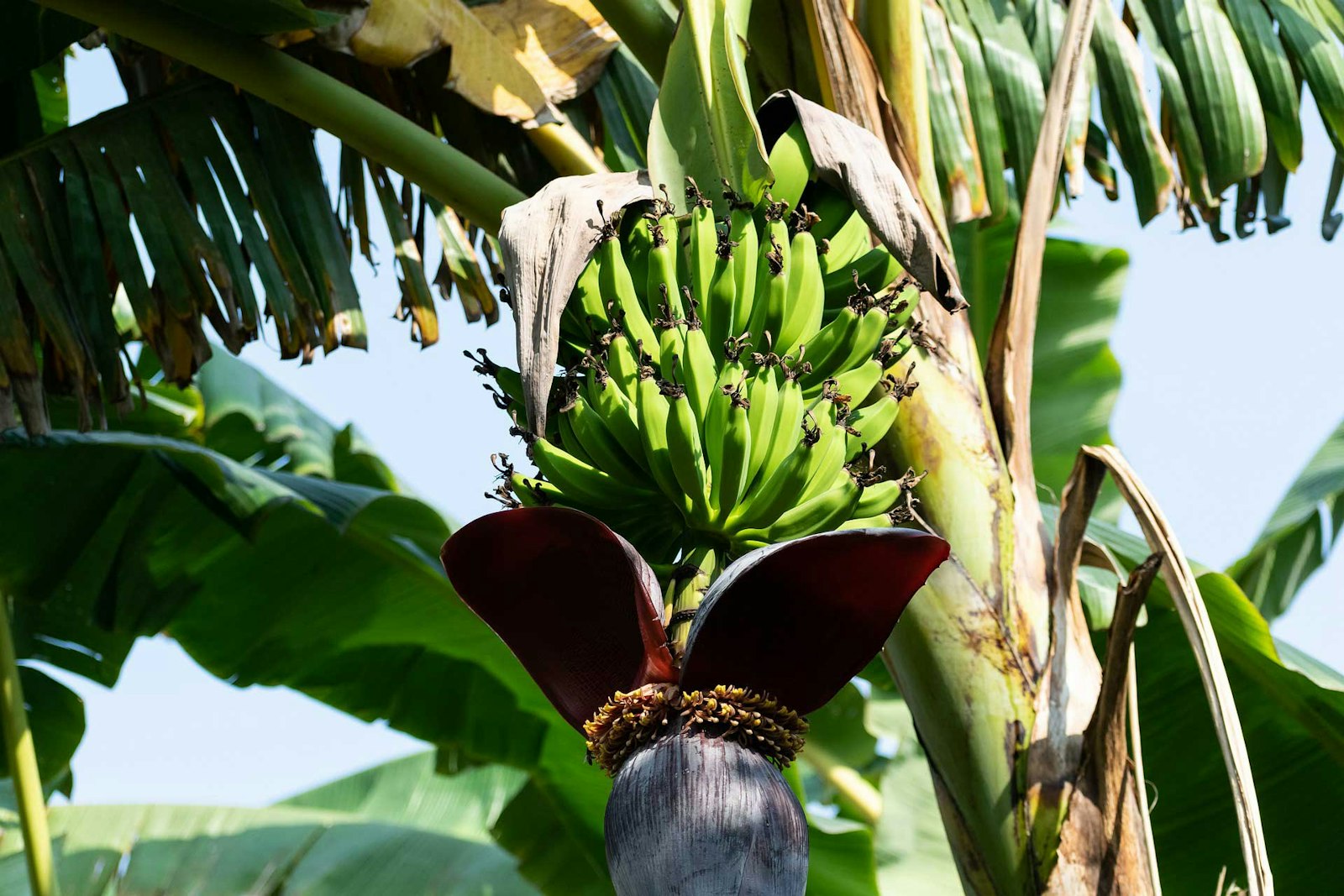|  | | | Toni Rexroat is the
Editor of Crochet Me | | I tried my hand at spinning for the first time when I was in my mid teens. My mother had been spinning for a few months, and as I watched her I thought, "That doesn't look that hard." After fifteen minutes of attempting to transform roving into yarn, I had found a new appreciation for the process. But we only had one spinning wheel in the house, and work and college diverted my attention. But this is the year I will learn to spin. Almost fifteen years later, my mother has upgraded to a new spinning wheel and refurbished her original wheel, packaging it with a pair of handcards and some beautiful Blue Leicester roving for my birthday. After one lesson with her, I left for home to continue learning on my own.  I pulled out the back issues of Spin Off I had been carefully saving for just this circumstance. In the first article I read, Maggie Casey and Margaret Tullis discussed twist. As a crocheter, I know that an S-twist or counterclockwise-spun yarn, the twist commonly used in commercial yarns, will open up or untwist slightly when worked with a hook and sometimes loosen the ply, and a Z-twist or clockwise-spun yarn will gain additional twist even if worked in the exact same pattern. But it hadn't occurred to me that I could now create my own Z-twist yarn, my favorite for crochet, simply by spinning the wheel in the opposite direction. I pulled out the back issues of Spin Off I had been carefully saving for just this circumstance. In the first article I read, Maggie Casey and Margaret Tullis discussed twist. As a crocheter, I know that an S-twist or counterclockwise-spun yarn, the twist commonly used in commercial yarns, will open up or untwist slightly when worked with a hook and sometimes loosen the ply, and a Z-twist or clockwise-spun yarn will gain additional twist even if worked in the exact same pattern. But it hadn't occurred to me that I could now create my own Z-twist yarn, my favorite for crochet, simply by spinning the wheel in the opposite direction.
I love the new control I have over the yarn I am creating. Will my first skein be a single, two-ply, three-ply, or four-ply yarn? Due to the consistency of my singles, or lack thereof, I think my first plying attempt will yield a three-ply yarn, hopefully allowing the multiple strands to add a bit of balance or at least a more interesting yarn.  In the Winter 2007 issue, I found several great tips on keeping records of the process for each yarn skein, from how it is prepared to the final twists per inch (tpi). I will definitely be tracking each step as I am sure I have much to learn from each attempt. In the Winter 2007 issue, I found several great tips on keeping records of the process for each yarn skein, from how it is prepared to the final twists per inch (tpi). I will definitely be tracking each step as I am sure I have much to learn from each attempt.
The comprehensive articles in Spin-Off are invaluable as I take my first steps toward becoming a competent spinner, and I can't wait to see what each new issue of Spin-Off will teach me. Subscribe to Spin-Off today for in-depth technique articles as well as project patterns and tips. Best wishes, 
P.S. I would love to hear about your first spinning experience. Please share your adventures below. |



 I pulled out the back issues of Spin Off I had been carefully saving for just this circumstance. In the first article I read, Maggie Casey and Margaret Tullis discussed twist. As a crocheter, I know that an S-twist or counterclockwise-spun yarn, the twist commonly used in commercial yarns, will open up or untwist slightly when worked with a hook and sometimes loosen the ply, and a Z-twist or clockwise-spun yarn will gain additional twist even if worked in the exact same pattern. But it hadn't occurred to me that I could now create my own Z-twist yarn, my favorite for crochet, simply by spinning the wheel in the opposite direction.
I pulled out the back issues of Spin Off I had been carefully saving for just this circumstance. In the first article I read, Maggie Casey and Margaret Tullis discussed twist. As a crocheter, I know that an S-twist or counterclockwise-spun yarn, the twist commonly used in commercial yarns, will open up or untwist slightly when worked with a hook and sometimes loosen the ply, and a Z-twist or clockwise-spun yarn will gain additional twist even if worked in the exact same pattern. But it hadn't occurred to me that I could now create my own Z-twist yarn, my favorite for crochet, simply by spinning the wheel in the opposite direction. In the Winter 2007 issue, I found several great tips on keeping records of the process for each yarn skein, from how it is prepared to the final twists per inch (tpi). I will definitely be tracking each step as I am sure I have much to learn from each attempt.
In the Winter 2007 issue, I found several great tips on keeping records of the process for each yarn skein, from how it is prepared to the final twists per inch (tpi). I will definitely be tracking each step as I am sure I have much to learn from each attempt.